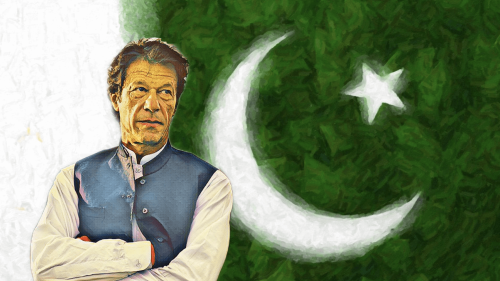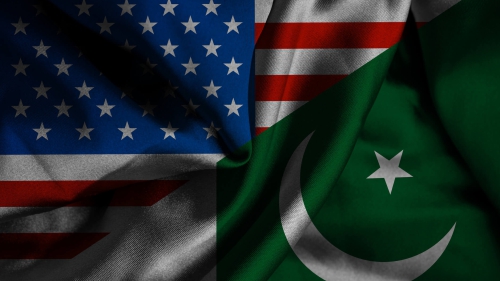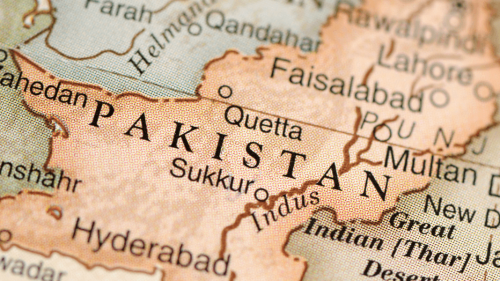The Rise of Pakistan's Imran Khan
Khan has been called many things. But now he's earned a new title.
Imran Khan new prime minister, then-captain of the Pakistan national cricket team led his team to an unprecedented victory for the country. It was Pakistan's first and only World Cup win to date - and a moment of extreme pride for its citizens.
Prime Minister Khan, who was already a celebrated cricketer throughout the '70s and '80s, saw his celebrity status skyrocket even further. Beloved both at home and in the West, he had an active and public social and love life - his marriage to British heiress in 1995 making international news.
He also made headlines as a philanthropist, fundraising millions of dollars to open a cancer hospital for low-income patients in honor of his late mother in December, 1994.
It was around this time - a few years after the World Cup victory - that speculation about Khan's leadership potential started popping up, and it was rumored was he was setting his sights on a political career.
Soon he would outline what would become his core issue for 22 years: ridding Pakistani politics of corruption.
And in 1996, he made it official: founding the Pakistan [Teh-reek - eh- In-saf] Tehreek-e-Insaf, or PTI party. Also referred to as the "Movement for Justice," the party was branded as an anti-corruption socio-political movement, aiming to create a quote "self-reliant modern Islamic Republic."
But for almost two decades, PTI Imran Khan's party saw few victories.
So how did this former sports star he end up securing the highest political position in a country of almost 200 million people?
In this episode of NowThis World, Alex Janin breaks it down.
Topics: Imran Khan, Pakistan
Views: 1690
Related Suggestions

















